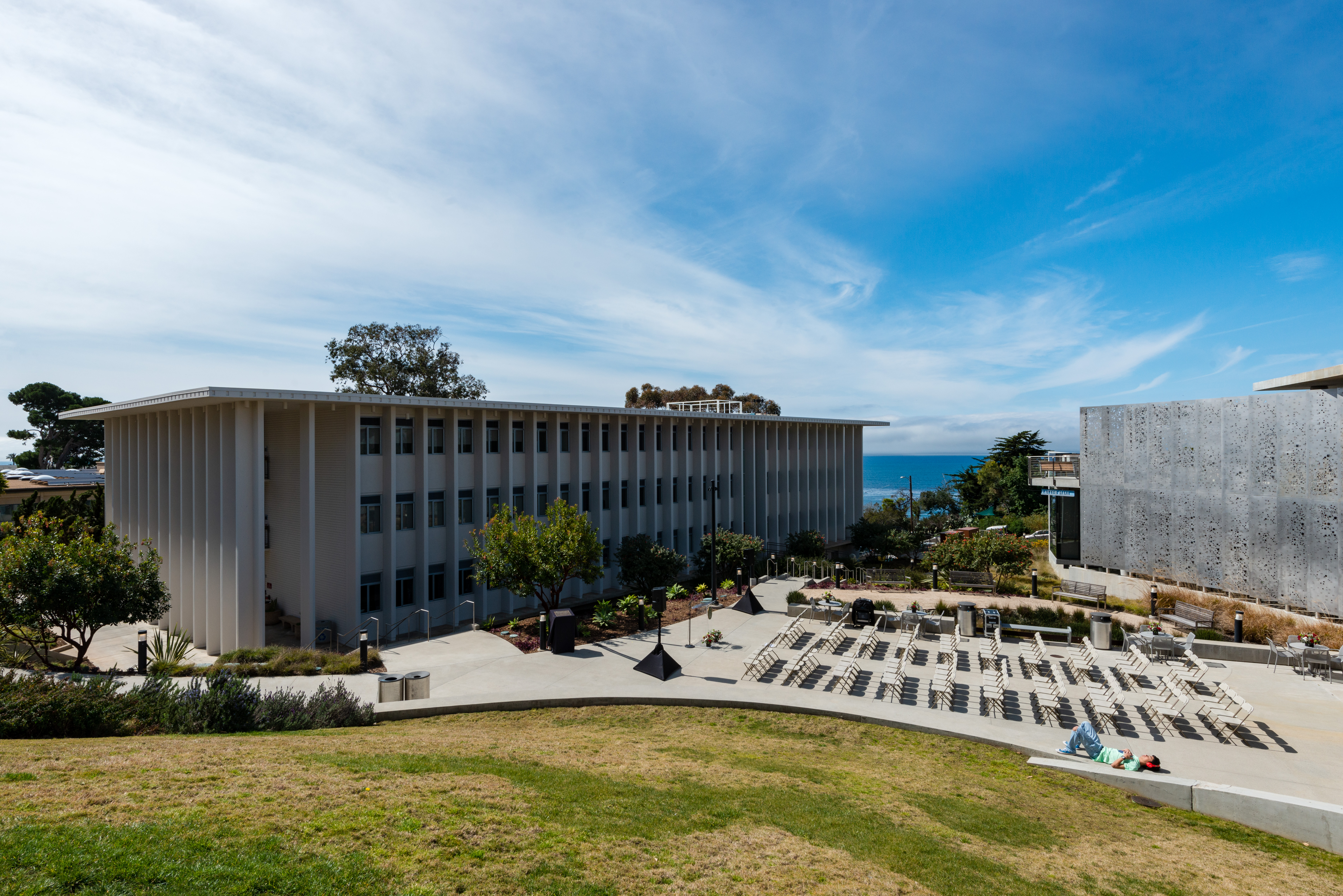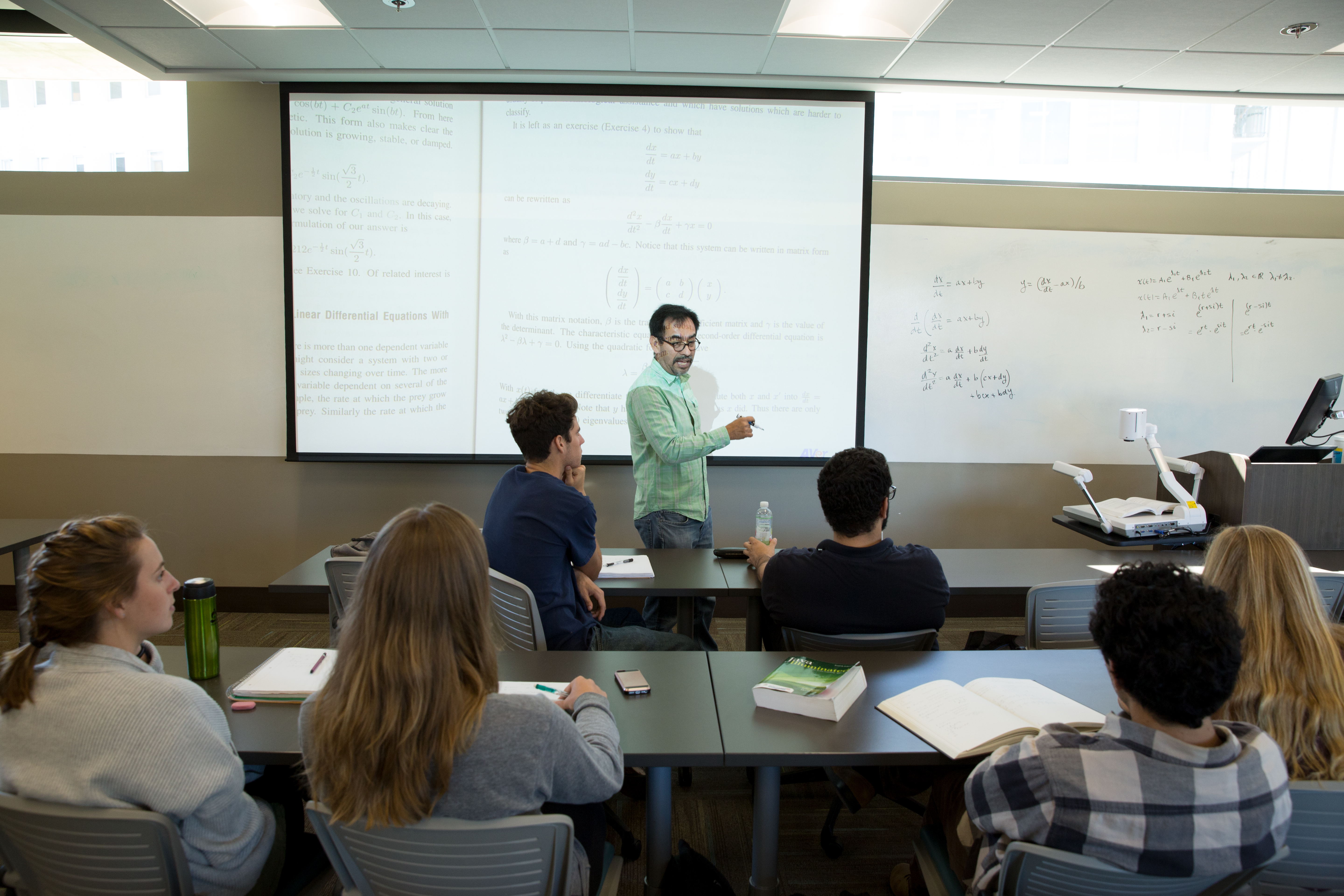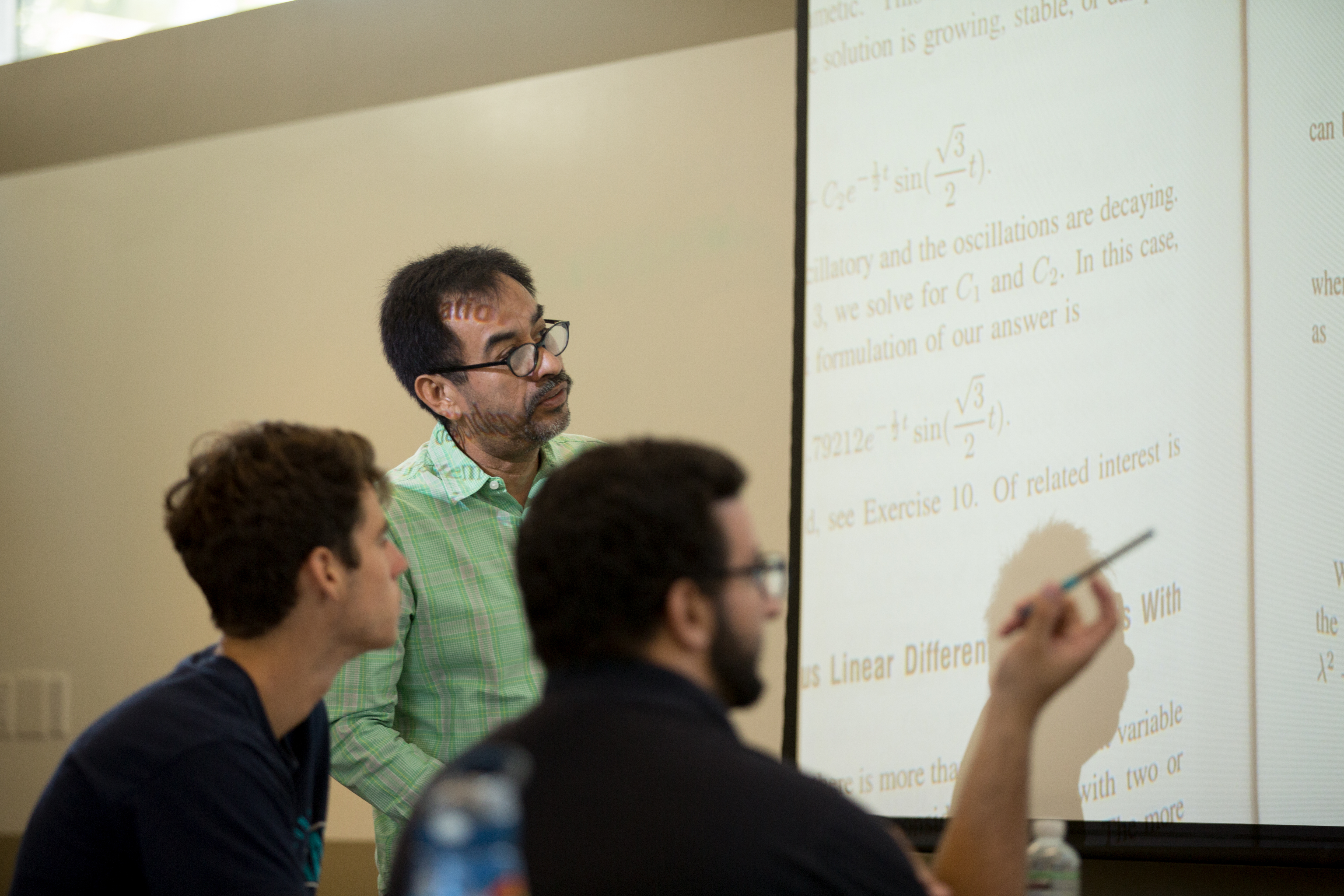PLNU’s Mathematics B.A. fosters creativity, logical reasoning, and flexible thinking. With a strong foundation in both theoretical and applied mathematics, this degree equips you with analytical and computational skills that are valuable across industries, while also giving you the flexibility to pair mathematics with another major. This is an ideal major for students who want to study mathematics while also preparing for a career in the health professions.
Why Choose Mathematics at PLNU?
Career-Ready Capstone Experiences
Whether through a machine learning, research, or service learning project, every student completes a capstone. Through these projects, students build valuable technical and soft skills.
Preparation for Industry
Gain a broad mathematical foundation while building computing, statistics, and problem-solving skills you can apply to fields such as finance, technology, or data analysis.

Personalized Mentorship
Small class sizes and dedicated faculty advisors provide individualized guidance in academic planning, career exploration, and graduate school preparation.
Diverse Options
The Mathematics BA is only one of several emphases in PLNU’s mathematics program. Students who want to go directly from graduation to an industrial job should consider degrees in Data Science or Applied Mathematics.
Faith + Future Focus
As you grow in technical expertise, you'll also be challenged to explore how your work in mathematics can serve people, honor your calling, and make a meaningful impact.
Community Connections
The department maintains strong connections with local organizations, offering students access to entry-level job opportunities, and hands-on projects, including a partnership with the nearby Naval Information Warfare Center Pacific.
What You'll Study
You’ll explore both pure and applied mathematics while developing three core strengths:
- Analytical abilities
- Mathematical modeling
- Computational skills
Because the B.A. offers flexibility, many students choose to double major in complementary fields such as computer science, chemistry, or business. It also provides strong preparation for pre-med or other professional programs.
Graduates of PLNU’s Mathematics B.A. pursue careers in:
- Business
- Medicine
- Law
The Mathematics B.A. is ideal if you want to combine mathematical training with another area of study, preparing you for a versatile, career-ready future.



















